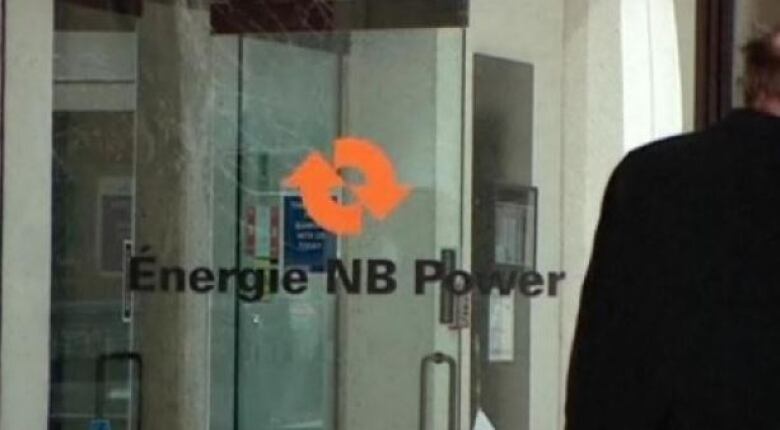Federal carbon tax rebates to N.B. families will be lowest in Canada
Federal tax will add millions to electricity costs, but those are excluded from consumer rebates

Federal carbon rebates for New Brunswick households will not compensate consumers for increases caused to the cost of electric heat one of the reasons rebate payments to individuals in the province next year will be the smallest in the country.
On Tuesday, the federal government announced it would be imposing a carbon pricing and rebate system on four provinces that it found did not adopt adequate plans on their own, including Ontario, Manitoba, Saskatchewan and New Brunswick.
In Moncton, local MP and Health Minister Ginette Petitpas Taylor told reporters a New Brunswick family of four will qualify for a $256 rebate under that system next year to compensate for increased carbon costs.
"I am very pleased that we have been able to put in place a system where New Brunswickers are not going to be paying anymore out of pocket," she said.
But it's not clear $256 will be enough to cover all extra costs that consumers will face.
Across the country later in the day, Regina MP and Public Safety Minister Ralph Goodale revealed families of four in Saskatchewan will be getting $609 rebates to cover their costs next year, 138 per cent more than New Brunswick families.
Large emitters
At additional press conferences, it was revealed more rebate money is also going to four person households in Manitoba ($339) and in Ontario ($307) than will paid out in New Brunswick, a difference Pettipas Taylor struggled to explain.
"Those provinces are larger emitters of pollution that is really why so the big emitters will be paying more," she said in describing why rebates in New Brunswick will be so much lower.
That's not entirely the case.
Saskatchewan is a large emitter, but according to Environment and Climate Change Canada's National Inventory Report New Brunswick's economy produces 29 per cent more greenhouse gas per capita than Manitoba and 77 per cent more than Ontario.
Rebate program omission
A larger problem for consumers in New Brunswick is the rebate program announced this week does not include carbon taxes collected on electricity production a significant source of carbon costs specifically to New Brunswick consumers.
New Brunswick is the only province among the four having the federal system imposed where a majority of consumers heat with electricity much of it provided by a fleet of fossil fuel generators.
Last fall, in a report to the Energy and Utilities Board, NB Power estimated the cost of a $20 per tonne carbon tax imposed on it in 2019 will be between $30 million and $60 million, rising to more than $100 million by 2022 when carbon taxes reach $50 per tonne.

More than half of all NB Power costs are allocated to residential customers or wholesale customers who resell to residential customers and the utility indicated its intention is to pass the tax through to consumers through higher rates.
"The implications of a price on carbon could potentially result in significant increases in costs to NB Power," wrote the utility.
"The impact of carbon pricing could significantly alter how NB Power operates its generation fleet and could result in changes to future capital expenditures and the rates required to be charged to customers."
But the federal government has separated large emitters, like power plants, out from the consumer rebate program, placing them in a separate industrial category.
It has committed the carbon money collected from polluters in that category, including NB Power, will be returned to the province, but not to residents, according to Jack Aubry, a spokesman with the federal Department of Finance.
"Since these proceeds are collected from the emissions-intensive and trade-exposed industries the government will not return the proceeds to households, and instead will allocate the proceeds to support emissions reductions by industry in those provinces," wrote Aubry in an email to CBC News.
Petitpas Taylor said New Brunswick consumers would not pay "out of pocket" because of carbon pricing, but the low level of rebates and exclusion of electricity carbon costs from the new program suggest many in the province may well pay more.













_(720p).jpg)


 OFFICIAL HD MUSIC VIDEO.jpg)
.jpg)



























































































